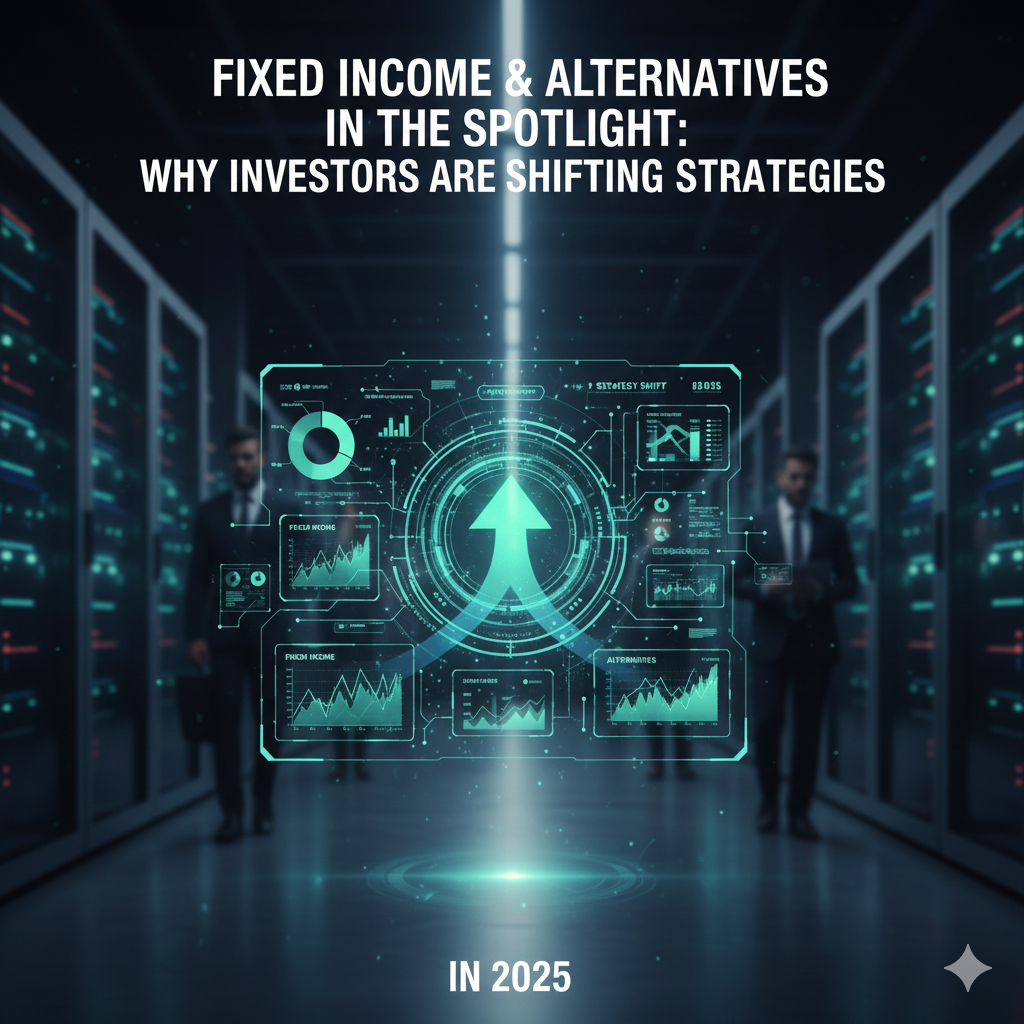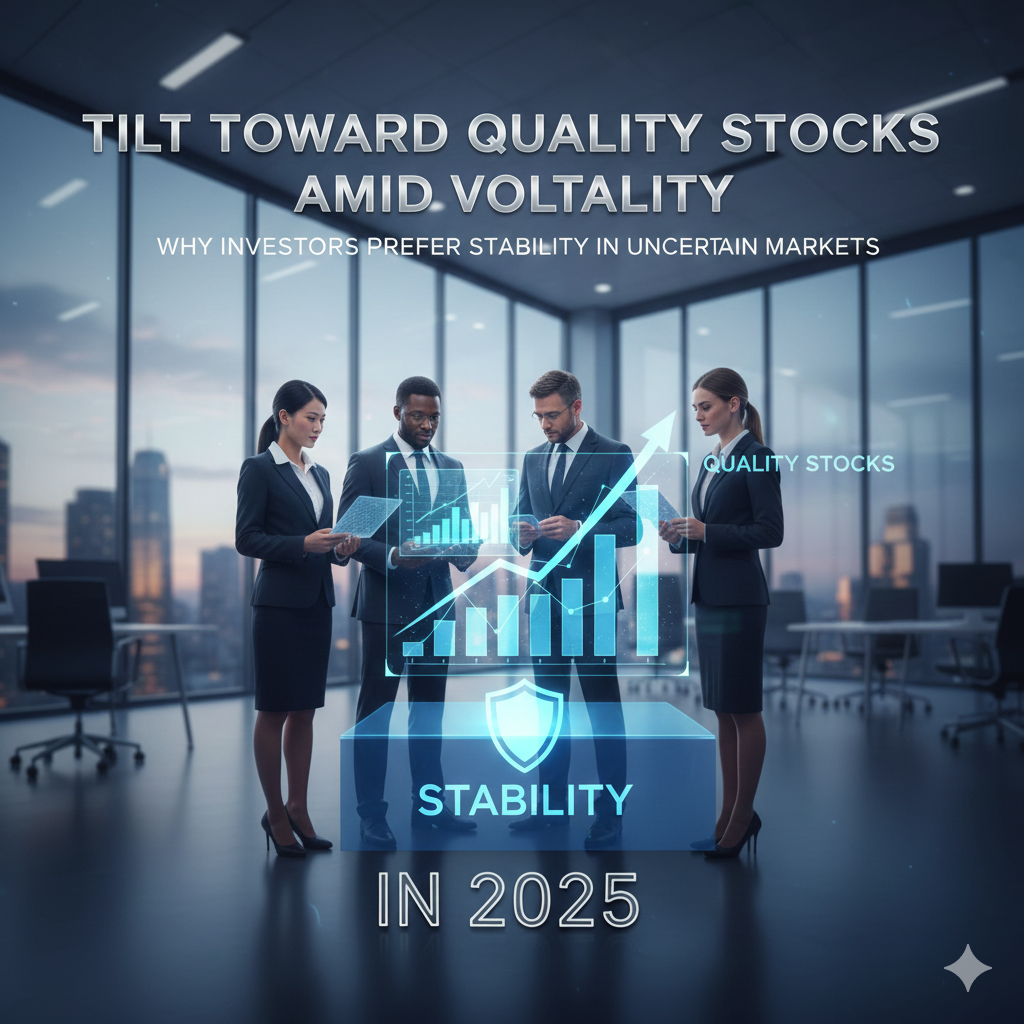IBM and SAP have formed a strategic partnership to integrate blockchain technologies directly into ERP (Enterprise Resource Planning) systems. This collaboration enables businesses to improve transparency, traceability, and automation by combining IBM’s Hyperledger-based blockchain with SAP’s industry-leading ERP software.
What Does the Blockchain Integration Between IBM and SAP Mean?
The integration allows SAP ERP users to leverage IBM Blockchain without redesigning existing infrastructure. Key features include:
- Smooth Blockchain Connectivity: Records ERP transactions such as shipment logs, inventory changes, and invoicing automatically.
- Smart Contracts: Automates contracts and enforces business rules without intermediaries.
- Immutable Records: Ensures transactions are securely stored and unchangeable, improving auditability.
Advantages of ERP Systems Enabled by Blockchain
- Increased Transparency: Transactions are permanently documented, allowing independent verification.
- Enhanced Supply Chain Traceability: Real-time tracking reduces inefficiencies and counterfeiting.
- Decreased Errors and Fraud: Smart contracts enforce rules automatically, reducing mistakes.
- Quicker Settlements: Automates invoices and payments for faster financial processes.
- Regulatory Compliance: Immutable records simplify audits for banking, healthcare, and pharmaceutical industries.
How SAP ERP Uses IBM Blockchain
IBM integrates with SAP systems via Hyperledger Fabric. The workflow generally includes:
- ERP Transaction Start: Business processes like purchase orders start in SAP ERP.
- Blockchain Documentation: Relevant transaction data is sent to IBM Blockchain for immutability.
- Execution of Smart Contracts: Automated rules execute, such as releasing funds upon delivery.
- Inter-Enterprise Exchange: Verified data is securely shared with suppliers, partners, and regulators.
- Audit Trail Generation: Immutable records reduce disputes and compliance costs.
Industries Benefiting the Most
- Supply Chain & Logistics: Track inventories, shipments, and raw materials in real-time.
- Manufacturing: Smart contracts ensure quality control and optimize resource utilization.
- Banking & Finance: Maintain compliance, speed up settlements, and secure transaction records.
- Pharmaceuticals & Healthcare: Ensure authenticity and regulatory adherence of products.
- E-commerce & Retail: Verify product provenance, expedite vendor payments, and improve transparency.
Global Impact of ERP-Blockchain Integration
- Digital Trust: Businesses can rely on accurate, immutable data for critical decisions.
- International Collaboration: Verified records are accessible worldwide for smoother global trade.
- Innovation Acceleration: Encourages blockchain applications in asset management, supply chain, and finance.
- Sustainability Tracking: Monitor emissions, resource usage, and environmental compliance in the supply chain.
Challenges in Blockchain-ERP Integration
- Complex Implementation: Requires careful planning to integrate blockchain with ERP systems.
- Data Privacy: Sensitive corporate data must comply with regulations like GDPR.
- Scalability: High-throughput blockchain solutions are needed for large ERP systems.
- Employee Training: Staff must learn to interact with blockchain-enhanced workflows.
- Adoption Cost: Initial integration costs can be high despite long-term efficiency benefits.






